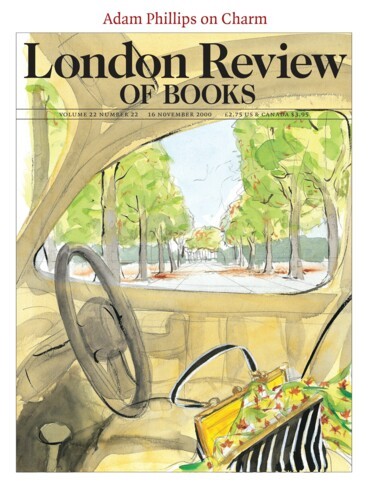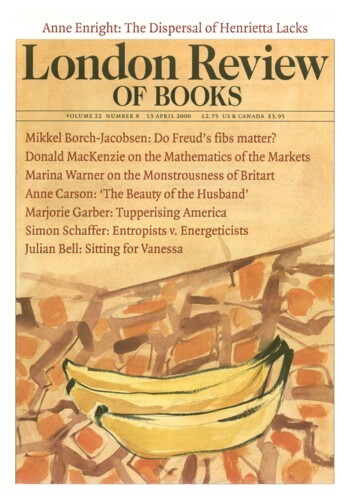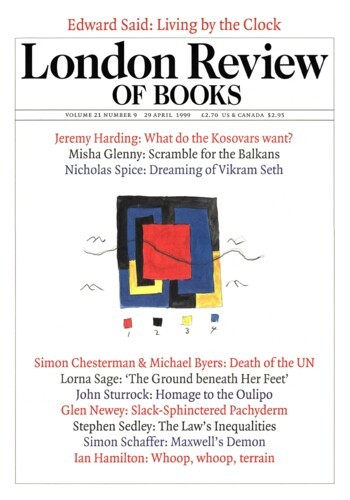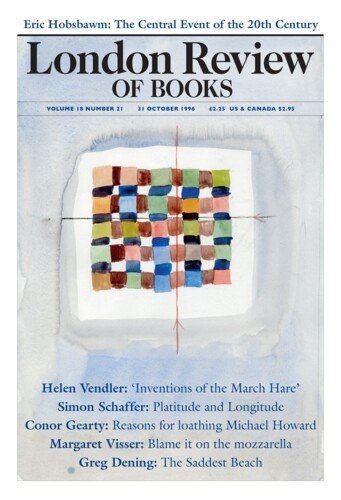Late 20th-century sciences are publicised through hands-on exhibitions, press conferences, chat shows and interactive CD-Roms. The Victorians had a different system and, as usual, painstakingly classified it. There was the conversazione and the soirée; the grand lecture and the subscription dinner; the amateur society and the private club; above all, there were periodicals and public museums. Whether at the Crystal Palace, the Athenaeum or the local working men’s college, disseminating science was as much a moral as a material issue, since understanding the Creation might yield principles of ethics as well as mastery of nature.
The Natural Philosophy of James Clerk Maxwell by P.M. Harman. Late 20th-century sciences are publicised through hands-on exhibitions, press conferences, chat shows and interactive CD-Roms. The Victorians had a different system and, as usual, painstakingly...





